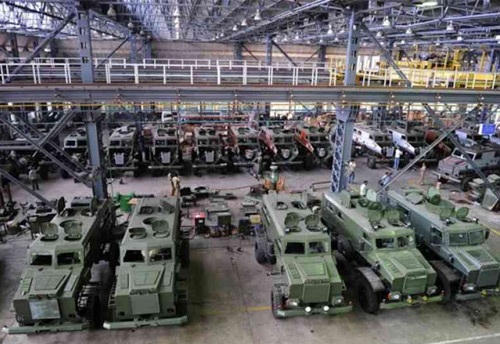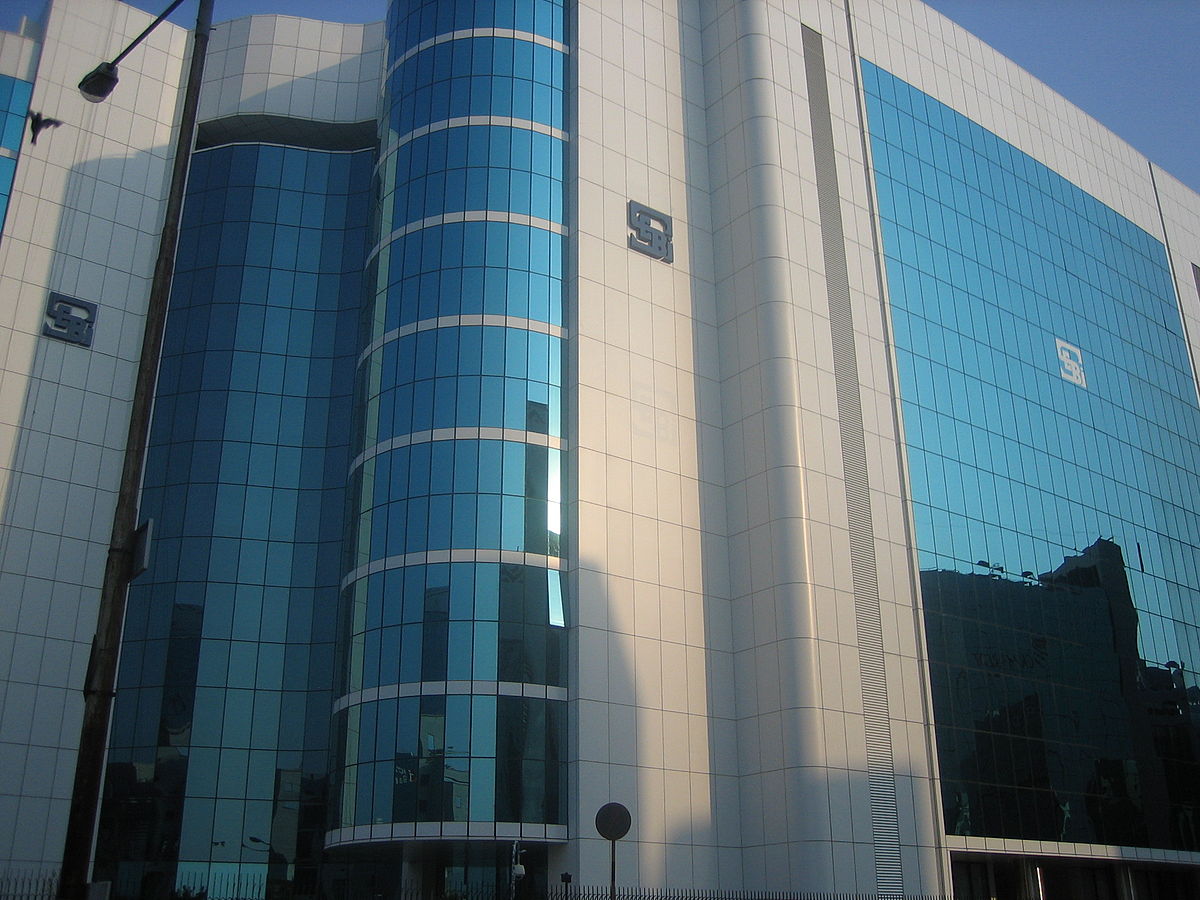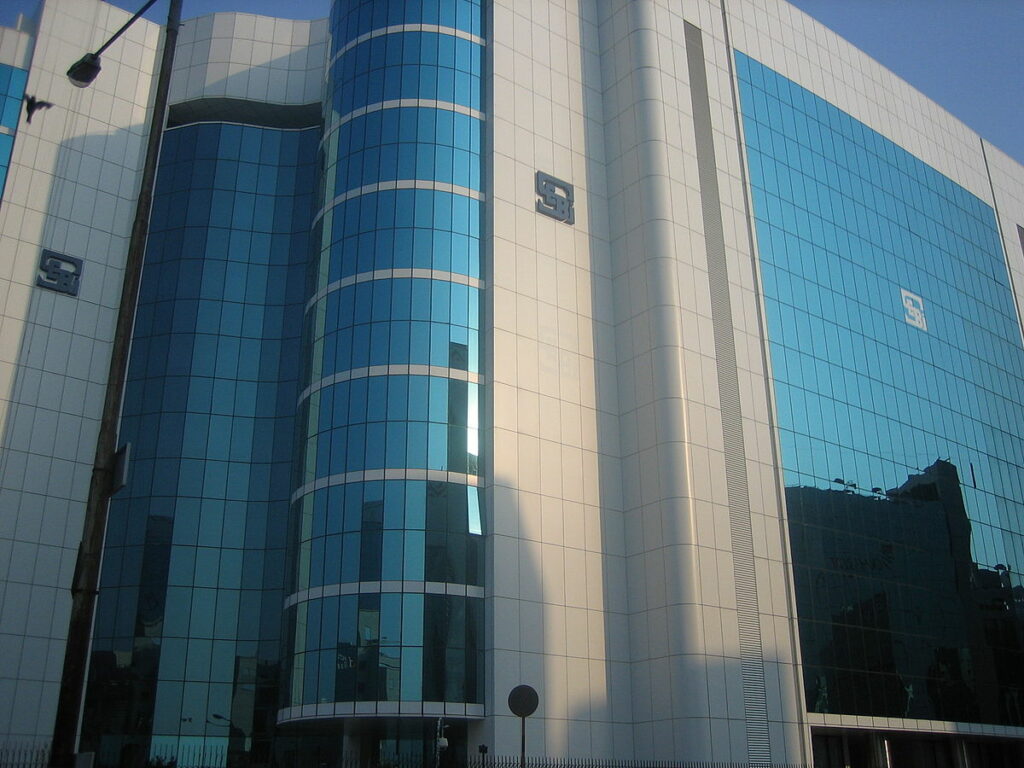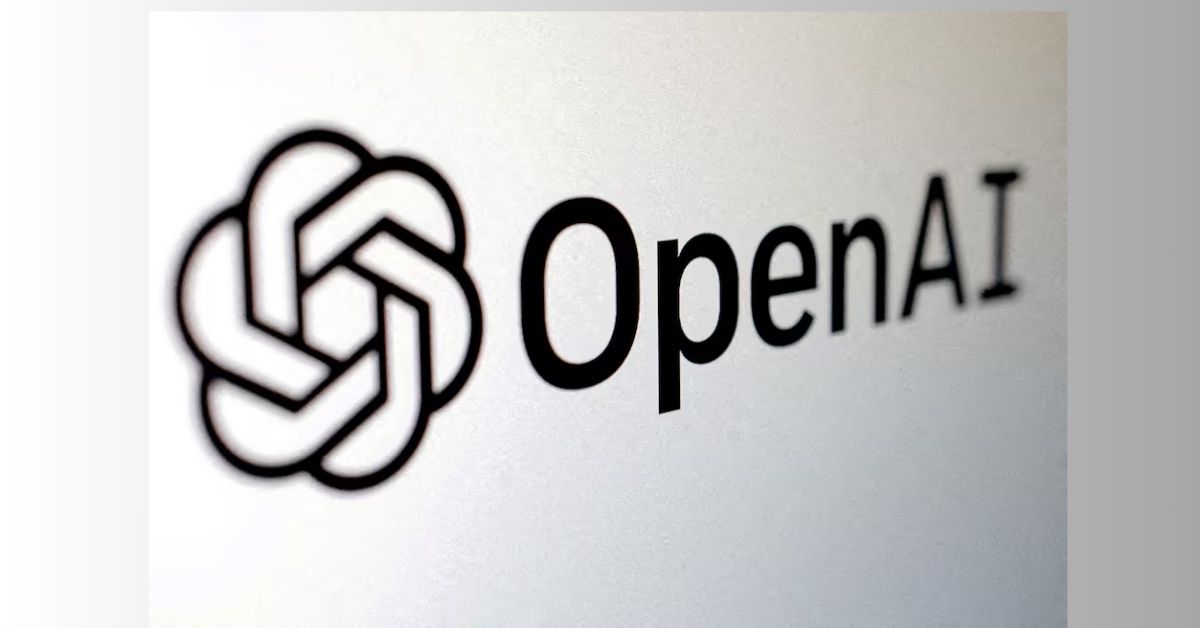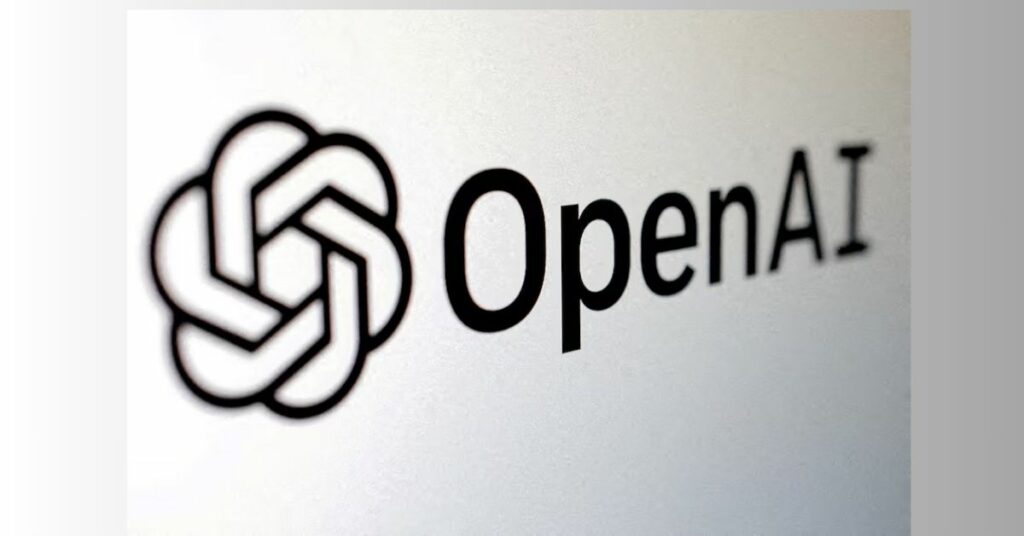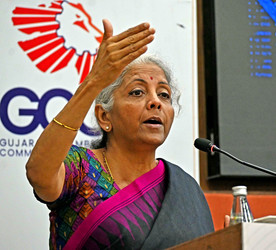
Finance Minister Nirmala Sitharaman: Industry Must Advance Up the Manufacturing Value Chain
Addressing a session on “Co-Creating the Future Responsibly: The Role of Business” at CII’s Annual Business Summit in New Delhi, Dr. V Anantha Nageswaran, Chief Economic Advisor, Government of India, emphasized the need to increase the share of manufacturing in the economy.
“As India progresses from being the tenth largest to the fifth largest economy, aspirations rise along with such key milestones. It is important to recognize these aspirations and strive to meet them for a better standard of living,” he stated.
Dr. Nageswaran highlighted several key priorities for achieving developed nation status, including improvements in human resource development, which are critical for higher economic growth. He emphasized the importance of cities as ecosystems for attracting talent and fostering entrepreneurship, innovation, and creativity. Converting India’s Tier 2 and Tier 3 cities into engines of growth, improving learning outcomes, preparing the youth for AI adoption, and focusing on physical health were identified as key focus areas.
He stressed the creation of a vibrant small and medium enterprises sector, known as ‘Mittlestand’, and highlighted the importance of deregulation and lighter compliance burdens for MSMEs. Addressing factors of production such as land and labor markets and making power generation and distribution economically viable were also emphasized.
Dr. Nageswaran pointed out the need for dialogue and consensus building with stakeholders to implement next-generation reforms amidst challenges from geopolitical fragmentation and climate change. He emphasized the importance of macroeconomic stability, prudent and sustainable government finance, and improved credit ratings, especially given the high geopolitical risks.
He cautioned against taking the global environment for granted, citing risks such as geopolitical fragmentation, the impact of US fiscal policy and interest rates, China’s dominance in global manufacturing, and global financial stability. He stressed that the government cannot address these challenges alone and that private sector support is critical for societal advancement and a faster energy transition.
Dr. Nageswaran also stressed the importance of social responsibility in innovations, including AI’s impact. He reiterated that Corporate Social Responsibility is integral to corporate responsibility, and meaningful actions across all areas are crucial for responsibly co-creating the future. (ANI)

